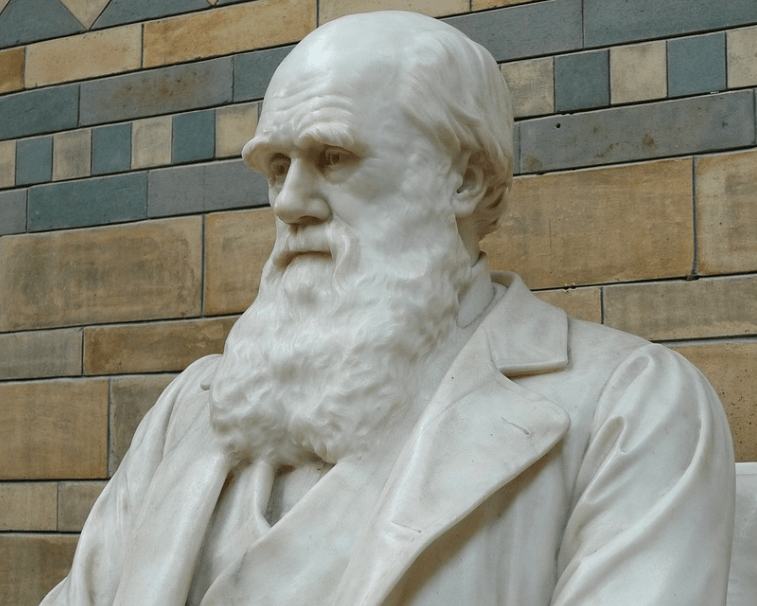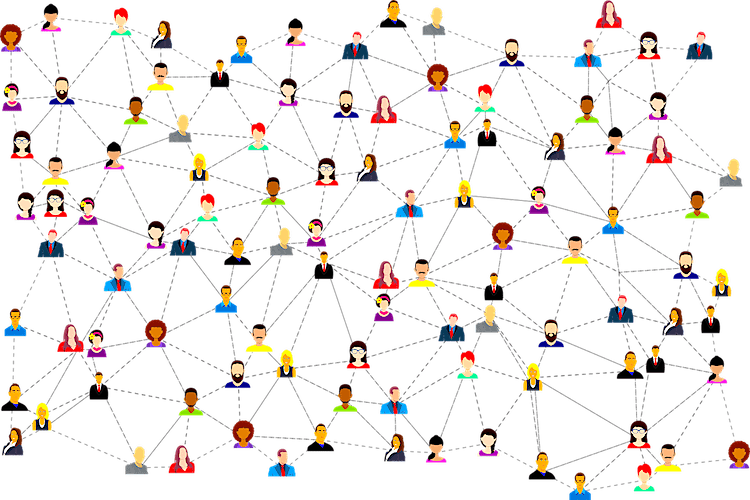
A New Year’s Evolution
By Michael Burne, Founder and CEO, Carbon Law Partners
‘The structure of every organic being is related, in the most essential manner, to that of all other organic beings with which it comes into competition, from which it has to escape or on which it preys,’ so said Charles Darwin in 1859.
He may well have been describing the market for legal and other professional services as he was evolution.
As a founder of a so called ‘next generation’ law firm (whatever that means), I am often asked if I think the traditional model of a law firm is finished. That begs the question: what is traditional, and what is a firm?
Tradition is something to retain and celebrate and, as importantly, to modernise. Modernise so that fundamental values that underpin tradition can endure while models may fail.
It’s for that reason our firm’s brand strategy, documented in 2015, is called ‘Beyond Tradition’. We believe in the fundamental values of the legal profession. We also believe that versions of the so-called traditional model are struggling for relevance in the 21st Century.

Collaboration
Before we get to the partnership model of a traditional firm, let’s consider a very important word – ‘collaboration’. Collaboration is vital. It is the essence of humanity and much of the animal kingdom too.
It’s that sense of working together for a shared outcome. Narrowly defined in our world of law, that might mean cooperation within a firm. And a firm, what’s one of those? Well, it’s a convenient affiliation, borne of compromise and collaboration.
A version of a firm is a partnership. A partnership is a legal construct to create a framework for collaboration. Back in 1894 when the Partnership Act became law, it was probably seen as being at the forefront of commerce.
For me, it is simply the expression of a desire to collaborate. And now the technology (r)evolution has, I believe, led us to a new age. Not just in law, but in society, which I will call the ‘rise of the individual’.
Outmoded industrial thinking that brought factories and partnerships to work on shared enterprise are faltering. Technology has given us limitless ways of collaborating and this will only increase – and at an ever-faster pace according to Moore’s Law.
The Power of the Individual
Individuals now have exceptional power – a challenge for governments, trade unions, political parties and all of the ‘traditional’ constructs. Affiliations based on issues proliferate in our society, enabled by technology platforms, social media and the ‘always on’ culture which our children are both beneficiaries and victims of in equal measure.
Platforms are all around us, comparing products and services and information is readily available and increasingly difficult to verify. So, while I would contend that the partnership model for a law firm has probably passed its zenith, the desire to collaborate amongst lawyers (and other professionals) has not. Our answer in the twenty teens has become the platform.
Platforms are market places. Platforms are meeting places. Platforms enable relationships and organisations to form in any legal structure (including partnerships). They give rise to choice and opportunity. It has happened in banking, insurance, retail, taxis and financial services.
Typically, this is arriving late into law, but the rise of the platform is as inevitable as evolution itself. Societal pressure for change that has transformed other parts of our economic life can now come to bear on the law.

The End of Traditional Law Firms?
Are traditional firms a busted flush? Well, if by traditional we mean ‘unwaveringly wedded to a construct in the face of rapid change’ – then yes. If we mean ‘a broad adherence to values and a purpose driven organisation’ – then no.
Let’s make a new tradition, a tradition that harnesses the power and creativity of individuals to do great work, working together for shared outcomes, hand in glove with clients.
This means: valuing the networks we surely inhabit with an ever present interdependence of firm, individual, client, supplier and round the network we go.
Your supplier is my client, my client engages your friend, your friend is my client and around we go, connected, collaborating and doing what humans do so well, so often: building relationships that change the world around us.
And what next, for there will surely be a ‘next’? From partnership to platform and then….?